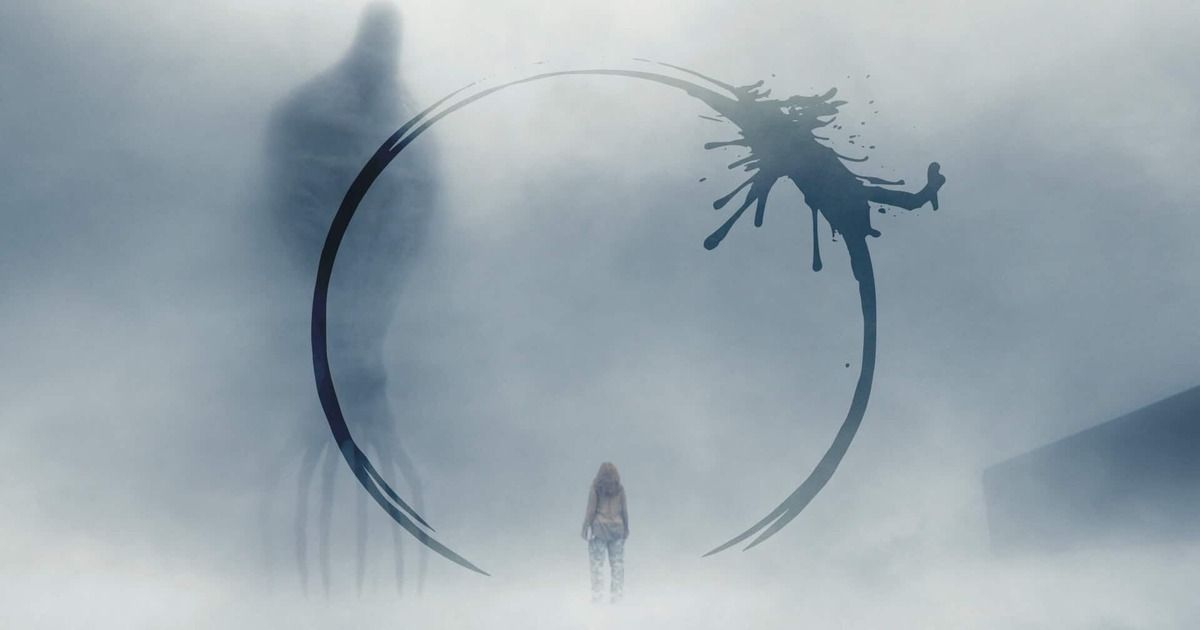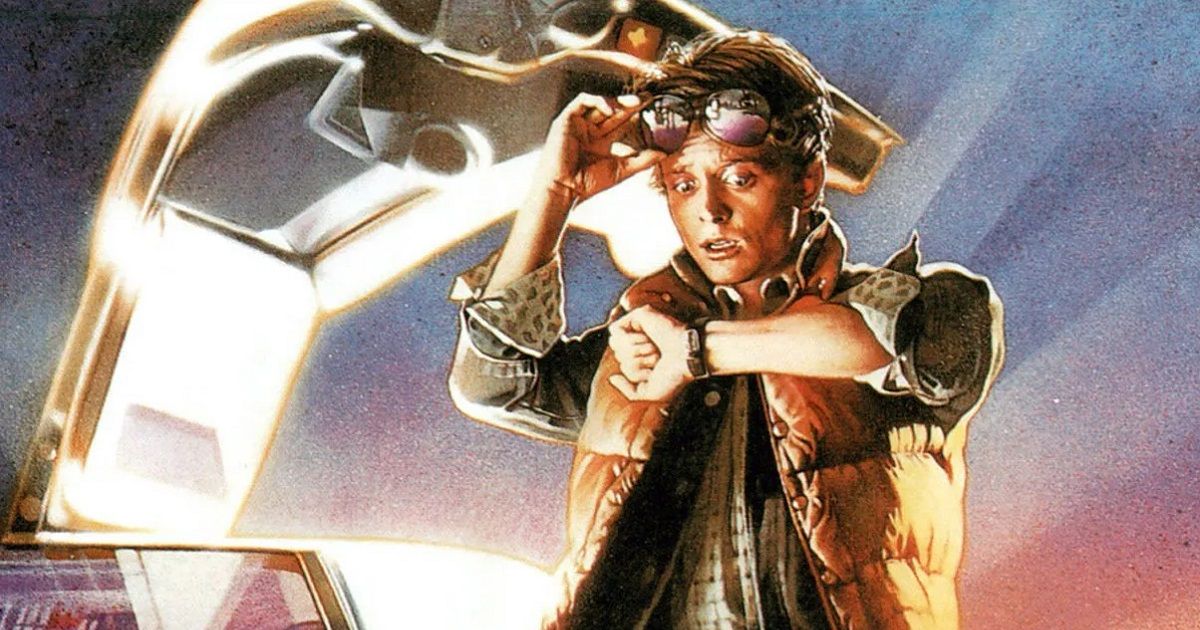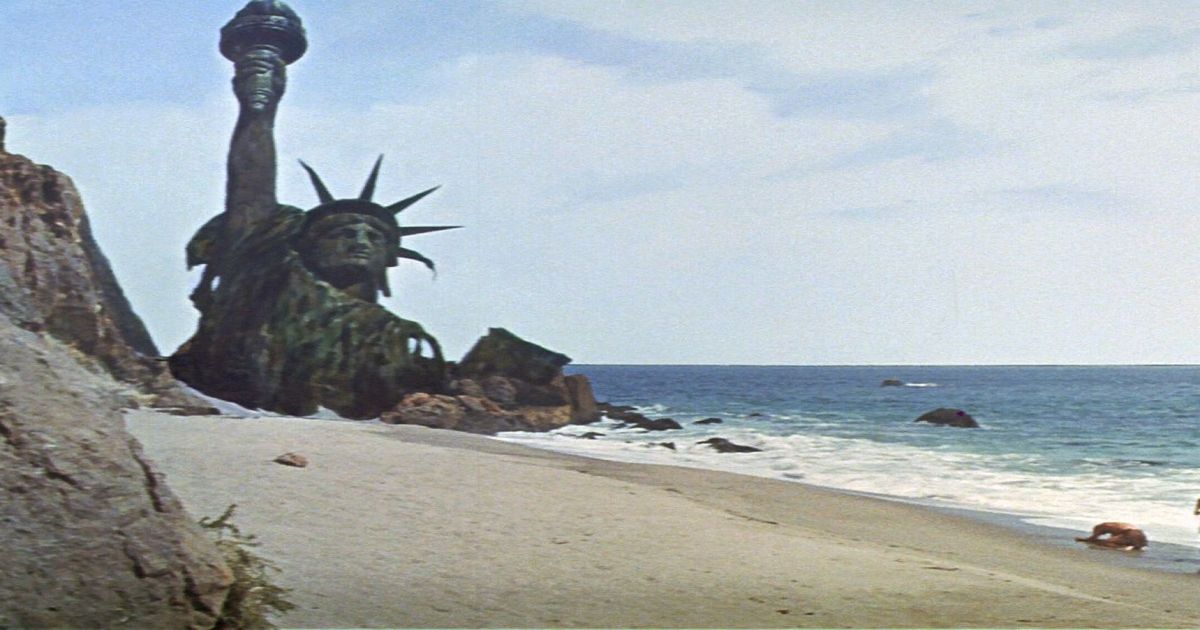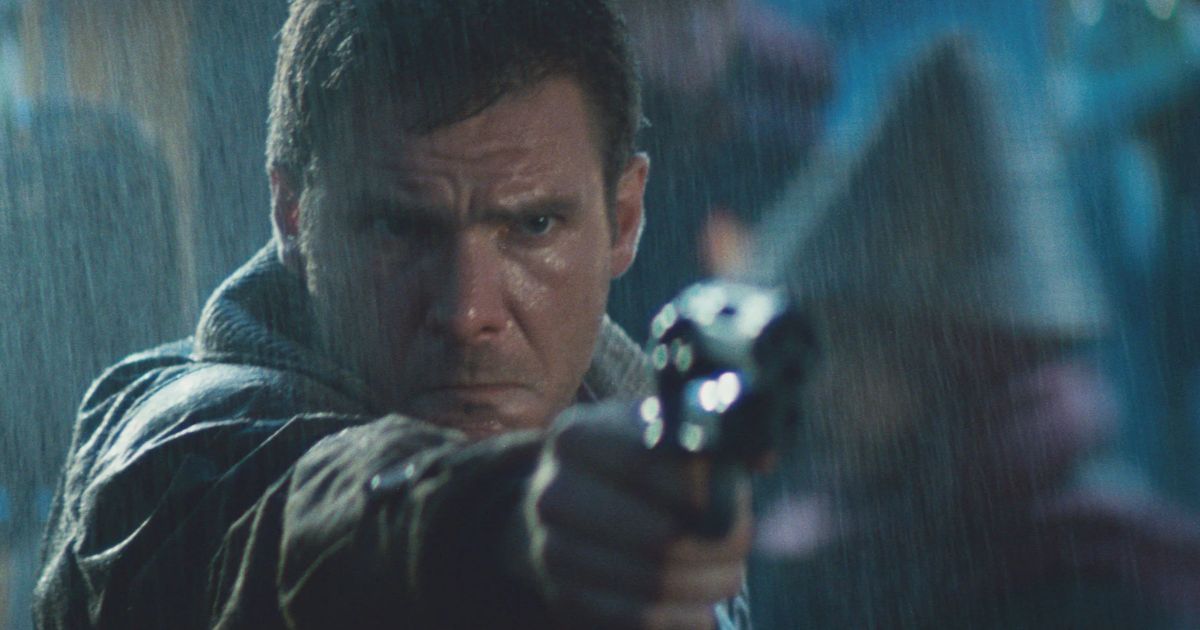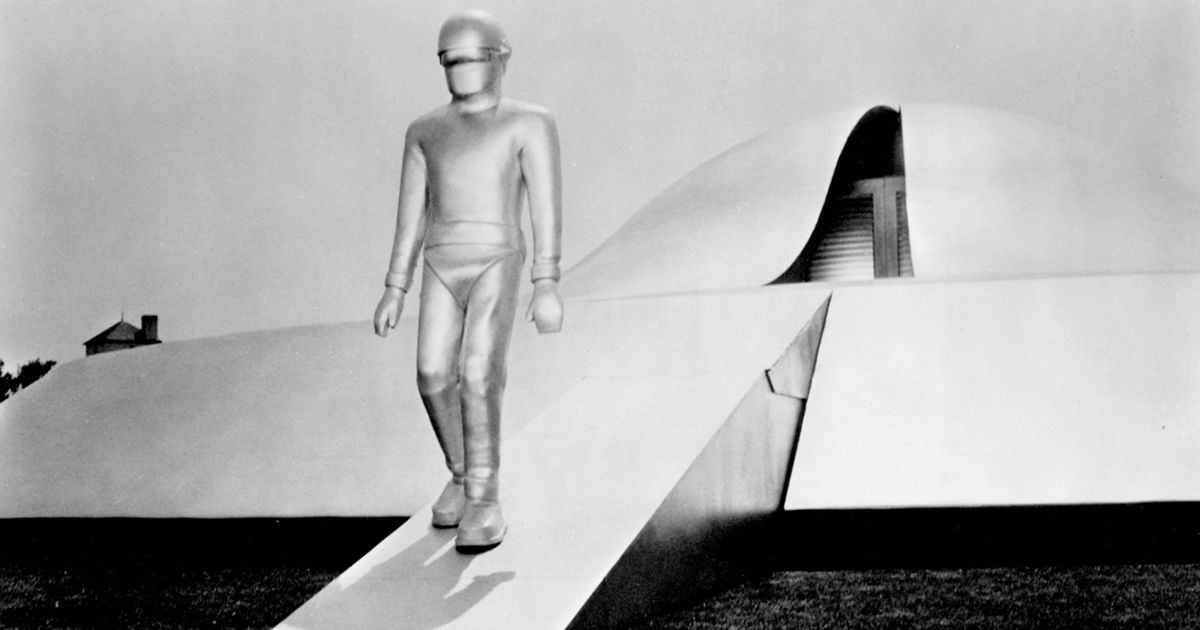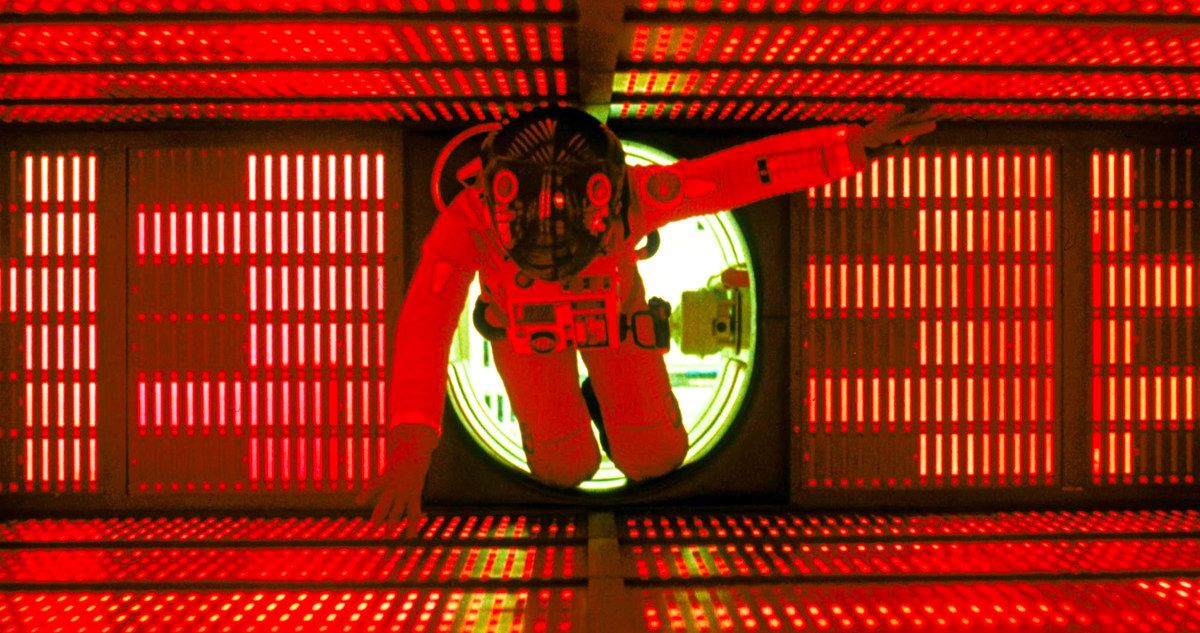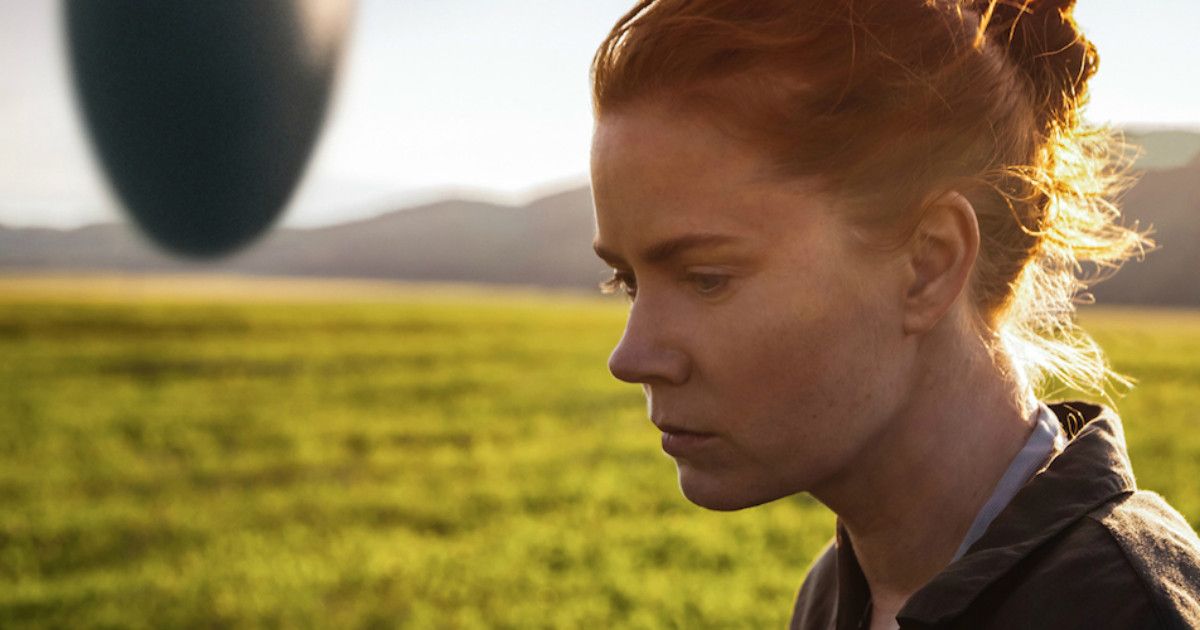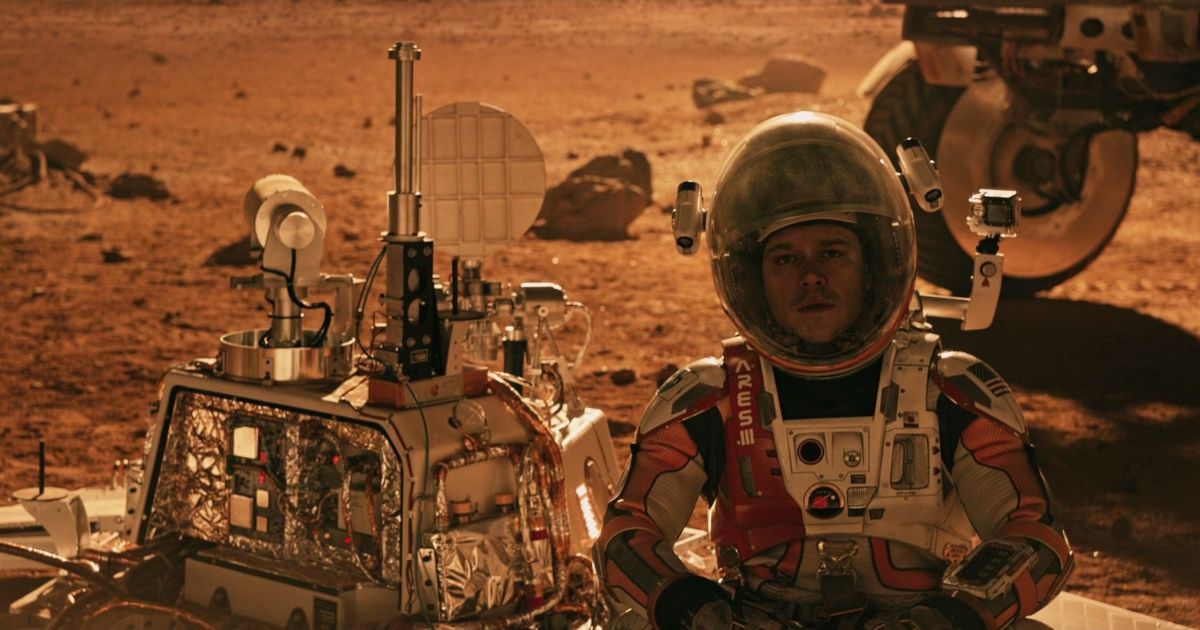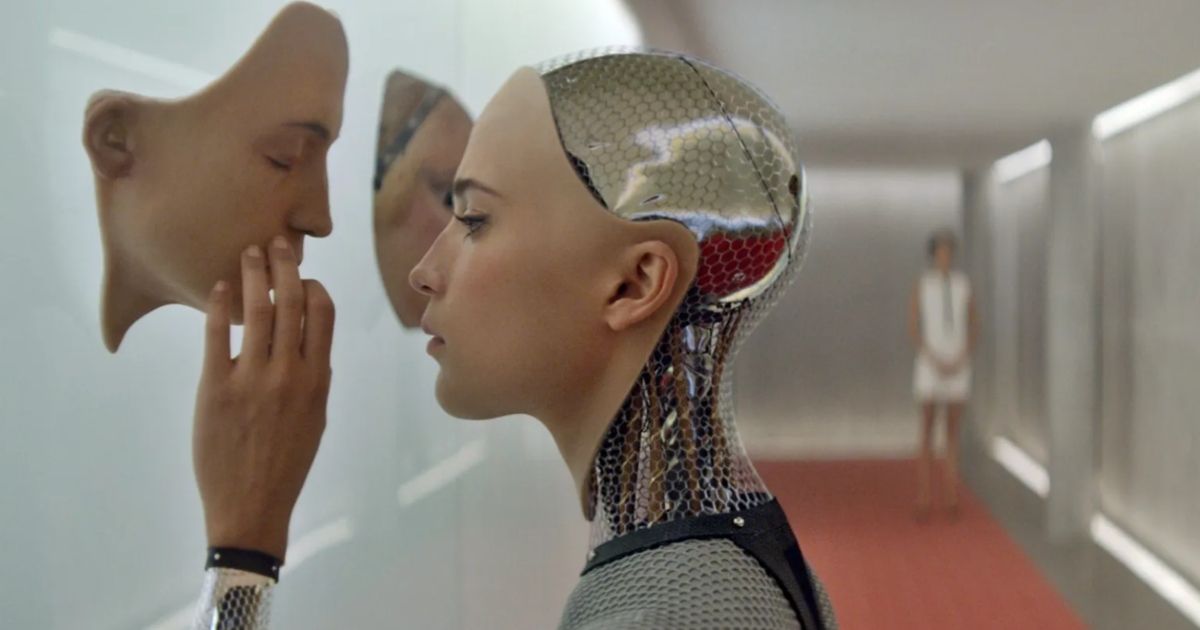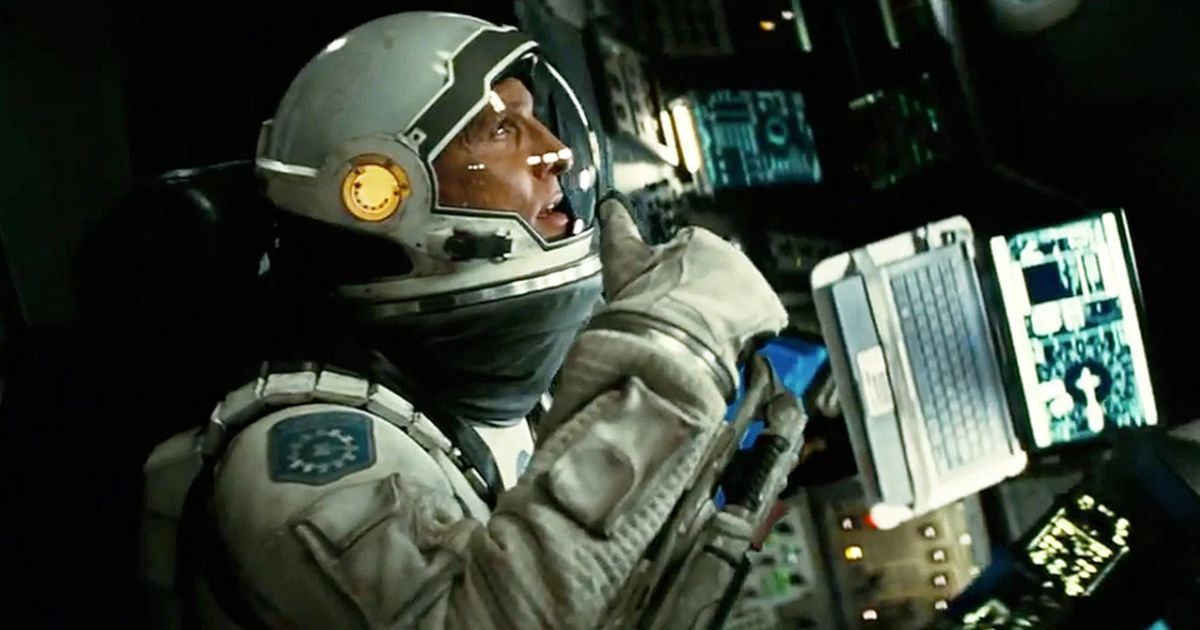Science fiction is famous for stretching our knowledge and imagination. The genre covers a broad range of material from post-apocalyptic films like Mad Max to space operas like Star Wars. Regardless of the setting, science fiction films all share a desire to explore new possibilities in technology and science. These speculative environments provide the perfect setting to explore what it means to be human—especially in comparison to advanced robots and aliens.
Update May 15, 2023: This article has been updated with even more thought-provoking science fiction movies for your viewing pleasure.
Depending on the subgenre within science fiction, some films lean more heavily towards the "science" aspect while others take more "fictitious" liberties. Even though the "fiction" in some science fiction films can be distracting, it can be fun to imagine "what if" scenarios in movies even if they could never take place in real life. Here are the most intelligent science fiction movies and some of the ideas that they convey.
11 Back to the Future
Back to the Future is an iconic film that tells the story of Marty McFly, a 17-year-old high school student who accidentally tries out a cool invention by his scientist friend Doc Brown. He gets sent back 30 years back in time and embarks on a new adventure where he has to make sure his parents fall in love so that he can make it back home.
The cleverly written classic hits the right spot in balancing a perfectly interlaced plot without compromising imagination and entertainment. Back to the Future excelled in the mechanics behind time travel, so much so that it has become a go-to reference point for almost every time travel story since. Its exact accuracy is all theoretical, but its legacy cannot be argued with.
10 Planet of the Apes
Planet of the Apes is a thought-provoking film that explores the idea of a more powerful species that devalues humans. Three astronauts crash-land on a planet where apes are slaves to highly intelligent apes who have a structured life. They have arrived at a planet where evolution worked backward. In this interesting premise, race, hierarchy, slavery, corruption, and war are explored from a much larger lens.
Humankind has always been the most intelligent species but what if the dynamic changes? What the apes have done in the film is a perfect reflection of what humans do to each other. It’s a brilliant take on our ability to destroy ourselves. Charlton Heston's performance as the lead astronaut was phenomenal, and the motion picture was also nominated for two Oscars, Best Production Design and Best Original Score, as well as winning an honorary Academy Award for its groundbreaking makeup.
9 Blade Runner
Blade Runner is a staple in any science fiction collection. While the film showcases interesting technological advances, its questions, and commentary about humanity and what sets it apart. Harrison Ford stars as a Blade Runner sent to hunt down replicants (or engineered human clones), but when he falls in love with a replicant, things change for him.
The characters wonder if beings manufactured in a lab are really people or robots in a different form; if a robot has implanted human memories, is it still a robot, or do memories make us human? These were the questions that original author Philip K. Dick liked to ponder, and this movie is so intellectually puzzling that even the director and the main actor disagreed on the ending's meaning.
8 The Day the Earth Stood Still (1951)
The Day the Earth Stood Still, made during the Cold War, highlights the importance of peace and the shortcomings in conflict. In this film, an alien comes to Earth and tells the world that the galaxy is worried about the planet's recent development of nuclear weapons. The people of Earth must learn to live peacefully with one another, or intergalactic forces will destroy the planet before Earth's nuclear arsenal endangers the rest of the galaxy. As the alien strives to create peace, he learns about both the good and the bad in humanity.
The film causes viewers to question their own abilities to impact world peace. As critic Ken Sanes writes, "It lets us look at the human race through the eyes of an outsider who doesn’t share our foibles and emotional vulnerabilities. Its goal -- and this makes it one of the more ambitious movies that have ever been made -- is to radically shift our perspective and point the way to a higher level of ethical awareness."
7 Gattaca
Gattaca explores the increasingly controversial topic of genetic manipulation. As science is becoming more advanced, questions about the ethics of manipulating genes (of humans and other animals), have become increasingly common. The underrated Andrew Niccol movie imagines what the world would be like if genetic manipulation was taken to the extreme.
In Gattaca, even though genetic segregation is technically illegal, people are deemed valid or invalid based on their genetic makeup. Viewers of this film not only question genetic manipulation but also how to judge a person's value and how social hierarchies work. By the end, this movie inspires its viewers to defy expectations and to judge people by more than what's on paper or how they were born.
6 2001 A Space Odyssey
Some people view this film as an optimistic commentary on the perseverance of life, while others view it as a cynical statement about people's self-destructive habits. Years later, people still argue over the story's conclusion and many symbols within 2001: A Space Odyssey. Either way, the film successfully explores human nature and how people differ from machines. The Stanley Kubrick masterpiece is an important provocation and conversation starter about one of the people's greatest enemies — themselves.
5 Arrival
Linguists know that a language is more than a framework for communication, it also represents nuances in culture and is formative in shaping perceptions of reality. As linguist and philosopher Noam Chomsky (amongst many others) has said, “The structure of language determines not only thought, but reality itself.” Arrival explores both philosophical cultural norms and cutting-edge theories about time travel and language in one fell swoop.
In this Dennis Villeneuve film, an alien species comes to Earth, and linguist Dr. Louise Banks is asked to study the language well enough to communicate with them. It turns out that time and language are linked to these extraterrestrial creators, and as the linguist discovers the alien language, she learns more about science than she could have ever imagined.
4 The Martian
Matt Damon stars in The Martian as an astronaut stranded and alone on Mars. While the film takes some creative liberties, most of the science holds true. Audiences enjoyed this gripping narrative of an astronaut overcoming the impossible with nothing but his ingenuity.
He undergoes challenges like isolation, equipment failure, and lack of food with nothing but his own will. As he puzzles through these challenges, the audience has the opportunity to try solving the same problems as they guess what happens next. It explores the possibility of life on other planets and the value of a single person's life in the quest for knowledge.
3 Ex Machina
Ex Machina is the directorial debut from 28 Days Later writer Alex Garland uses artificial intelligence to explore what it means to be human and the morals of artificial intelligence. The main character of this film, Caleb (Domhnall Gleeson), is a man tasked with determining if a robot named Ava (Alicia Vikander) feels alive like a real person.
Ex Machina takes a much darker and even creepier dive into the human psyche. As the characters, including a wonderful turn from Oscar Isaac, each struggle with distinct weaknesses, their flaws trickle into the beings they create. It leaves viewers questioning the darker side of human nature, if our flaws are forever a part of our identities, and if whatever we create will be flawed like us.
2 Her
Starring Joaquin Phoenix, Her is an utterly creative movie about new notions of loneliness and romance in a futuristic world with the development of artificial intelligence. Theodore is living an empty and lonely life after his divorce. When he hears of a new intelligent operating system advertised as a consciousness, he gets excited and buys it. The operating system is Samantha, a highly intuitive artificial intelligence voiced by Scarlett Johansson. As the two converse and start having intimate interactions with one another and a relationship forms, questioning the nature of reality.
While on the surface, Her can be read as a commentary on humans growing attachment to their phones and other forms of technology, it is a much deeper film that now carries more resonance. As artificial intelligence becomes a major part of modern living, from AI-generated art to artificially generated written prompts, Her is an interesting look into a future that very much resembles that of the viewer. Its production design is not overtly sci-fi, and it's an interesting take on artificial intelligence that, instead of showing the horrors like many other movies, shows a deeper, more complex connection between humans and machines.
1 Interstellar
Most people need to watch Interstellar more than once to pick up on all the details in both the plot and the science behind it. Even after a few times through, a lot of the scientific terms still go over our heads. This film seamlessly blends both the fictional plot with cutting-edge science in a way rarely seen. It's a movie that mathematicians and everyday moviegoers can enjoy together and one which incorporates fascinating theories of quantum physics and time travel. The Christopher Nolan film even made its own scientific discovery!
During the making of Interstellar, the special effects teams worked very closely with physicist Kip Thorne to create detailed images of black holes. Although scientists have been able to take some beautiful pictures of black holes, they lacked the detail and the sense of dimension for an IMAX movie. The visuals created for the movie had never-before-seen detail and realism and actually anticipated the world's first look at a real black hole. As the astronauts in the movie enter the black hole, you may notice some interesting shapes and textures just before the event horizon. The special effects team discovered these interesting light patterns in their simulation after creating something that both satisfied scientific laws and the film's resolution. The final product is stunning but especially meaningful to the science community.

